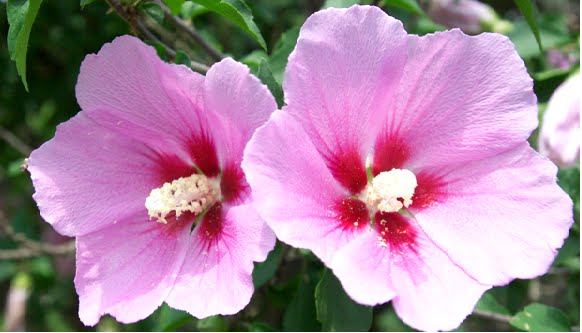U.S. froze North Korean bank accounts since June
10 banks around the world, diplomatic sources familiar with the situation told the JoongAng Ilbo yesterday.On Tuesday in Seoul, U.S. Secretary of State Hillary Clinton said the U.S. would levy additional sanctions on North Korea for the March sinking of the Cheonan.
“The U.S. Treasury Department and intelligence authorities began looking into about 200 bank accounts that showed suspicious activities involving North Korea,” an informed diplomatic source said. “Bank accounts used to deposit money earned from the North’s exports of arms, in violation of UN Security Council resolutions 1718 and 1874, were studied, along with accounts used to purchase luxury goods believed to be supplied to the North’s leadership.”
Of the 200 suspicious accounts, U.S. authorities narrowed their attention to about 100 and began freezing their assets, the source said. The accounts belong to about 10 banks in Southeast Asia, southern Europe and the Middle East, the sources said. All the accounts were opened and operated under aliases, the source said.
Resolution 1718 was adopted on Oct. 14, 2006, after the North’s nuclear test that month. The main sanctions were an arms embargo, inspection of cargo going in and out of the North, an export ban on luxury goods to the North and the freezing of assets of individuals and entities designated by the UN sanctions committee. Resolution 1874 was adopted in June 2009 after the second nuclear test in May 2009, and it reinforced the existing sanctions.
While the U.S. was public about freezing North Korean accounts at the Macao-based Banco Delta Asia in 2005, the latest freezings were done quietly, the source said.
“When the U.S. authorities informed the banks that there were problems associated with certain accounts, the banks quietly froze the assets, making it hard for the media to detect,” the source said. “The assets in those accounts are likely to be money Kim Jong-il needs to operate his regime, so this will deal a serious blow to the North.”
“The U.S. began the freezings before June,” the source said. “The moves should be interpreted as a part of new sanctions on the North to hold it responsible for the sinking of the Cheonan.”
The assets in those accounts were presumably raised through illicit trade of arms, counterfeiting money, money laundering and drug trafficking, the source said. “In the past, the North deposited money in African bank accounts created under aliases and raised through trafficking in elephant ivory, selling of counterfeit Viagra and exporting arms in Africa,” the source said.
The source said the new financial sanctions will be different from what happened in the Banco Delta Asia crisis that stalled the six-party nuclear talks for years due to the North’s protest. Instead of naming and shaming a specific bank as a money laundering institution and pressuring it to freeze North Korean assets, “quiet” moves are now preferred to avoid blowback from Pyongyang, the source said.
Another source confirmed the additional financial sanctions, noting that, “If the charges are very clear, then the Banco Delta Asia method will be used, while the silent method will be used in more ambiguous cases.”
Meanwhile, a senior U.S. official said a package of sanctions aimed at stopping Pyongyang’s illegal activities will be announced in the next couple of weeks. In a press briefing in Washington on Wednesday, Assistant Secretary of State Philip J. Crowley elaborated on the fresh sanctions announced by Clinton in Seoul.
“Much of what we’ve done up to this point has centered on proliferation activities that stem from specific authorities,” Crowley said. “We’re moving into strengthening our national steps to attack the illicit activities that help to fund the weapons programs that are of specific concern to us - things like the importation of luxury goods into North Korea, concerns that we have long had about trafficking in conventional arms. So there are authorities that we will strengthen nationally, and we’ll have more to say about that in the next couple of weeks.”
North Korea’s counterfeiting of banknotes and cigarettes, diplomats’ smuggling of cigarettes, banking transactions that fund weapons programs and support the government and its policies were named as some of the illegal activities to be tackled under the sanctions.
Crowley also said Robert Einhorn, special adviser for nonproliferation arms control, will soon begin a trip to encourage countries that have been reluctant to implement earlier sanctions, noting that the North has found ways to sidestep the measures.
“They look to see if there are seams and gaps in the international effort,” Crowley said. “That’s what Bob Einhorn is going to be consulting with a range of countries where we think there needs to be more aggressive implementation of Security Council resolutions 1718 and 1874.”
Crowley, however, refused to say what Einhorn’s destinations are and if they include China.
“China obviously has a big role to play in this,” Crowley only said.

No comments:
Post a Comment